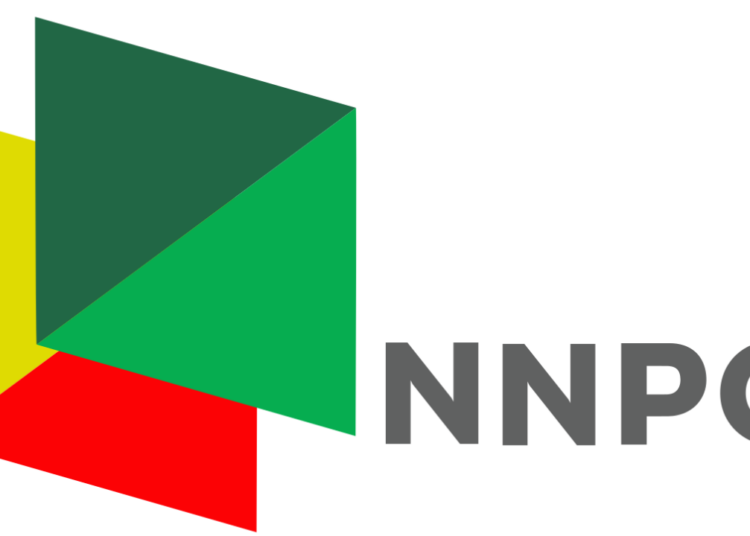The Nigerian National Petroleum Company Limited and Indorama Petrochemicals Company Limited have signed an agreement on gas supply in a bid to promote the use of natural gas by large-scale gas utilisation industries.
The group chief executive of the NNPCL, Mele Kyari signed the agreement for the national oil company while the managing director of Indorama, Manish Mundra signed on behalf of his company.
The NNPC Ltd. MOU with Indorama follows Nigeria’s President Bola Ahmed Tinubu’s commitment in India a few weeks ago, to strengthen business relations between both countries.
Speaking at the event on Saturday, Kyari said the move, which would unlock a foreign direct investment of at least $7 billion on this project short term, will enable the NNPCL and Indorama explore and develop suitable opportunities within the remits of both party’s interests across the
hydrocarbon value chain in Nigeria. Kyari said the NNPCL as the national energy company has one of its roles as enshrined in article 64(i) of the Petroleum Industry Act (PIA) to promote the use of natural gas through the development and operation of
large-scale gas utilisation industries.
According to him, this role is in alignment with its gasification strategy which is a consolidation of critical programmes embarked upon by NNPC to utilise natural gas and its associated liquids to be the energy source of choice, spur economic growth, free up crude oil for exports,
and ultimately enable job creation.
“The scope of the project involves delivery of gas, which will require us to do some drilling and development activities. It will require us to emplace a very robust gas delivery infrastructure to five line, but most importantly, it will also incorporate a liquid management solution in the form of condensate refinery. Overall, the anticipation is that at the peak
of the project, about 800 million scuf of gas will be made available for domestic use part of which will be used to provide the needed quantity of gas by indorama. And the balance will be supplied to the domestic market to meet power demand, commercial and other activities.”
Listing the key benefits of the pact, Kyari said it would assist in the generation of upstream lifecycle revenue of over $18 billion including government take of over $7billion, downstream production of about 4.8 MTPA of products including methanol, urea, and fertilizer to boost national food security.
Other benefits, he added, include the creation of direct and indirect employment, the development of a condensate refinery to boost petroleum product supply and reduce product importation, annual GDP contribution of over $3.8 billion, and attraction of over $7 billion of foreign direct investment into the country.
We’ve got the edge. Get real-time reports, breaking scoops, and exclusive angles delivered straight to your phone. Don’t settle for stale news. Join LEADERSHIP NEWS on WhatsApp for 24/7 updates →
Join Our WhatsApp Channel










